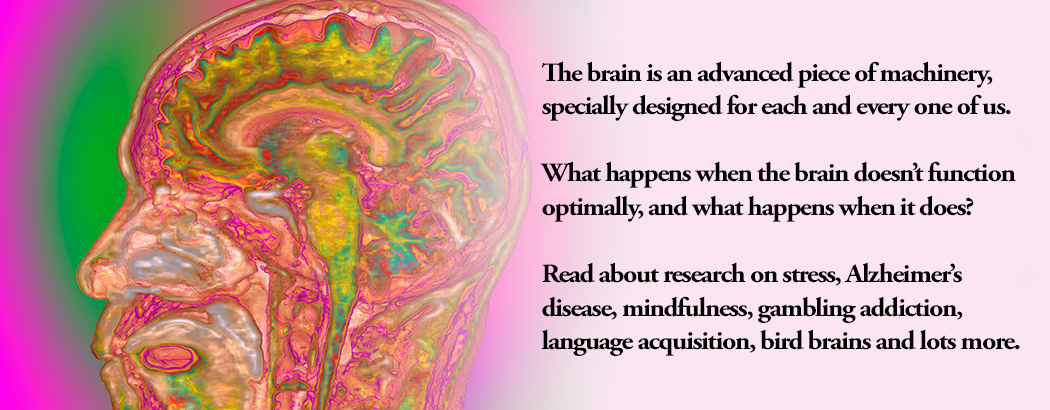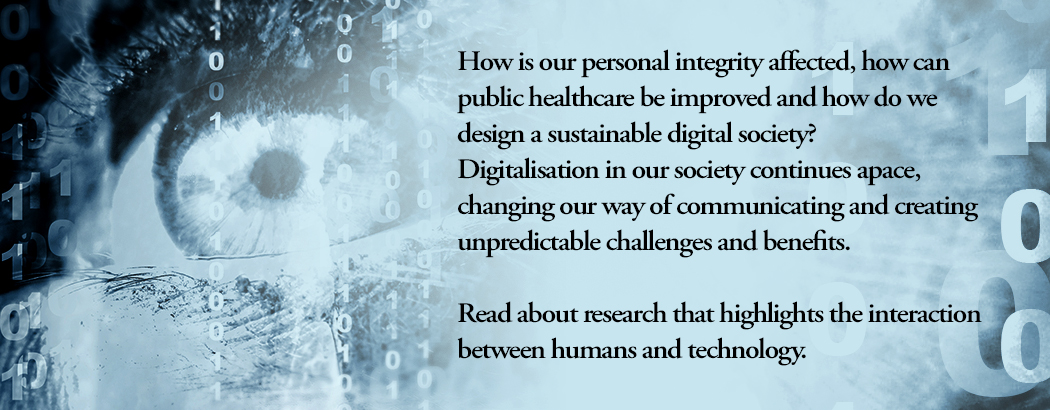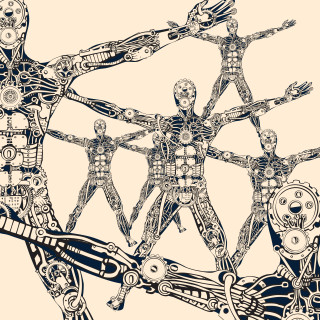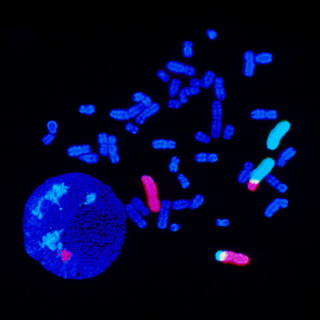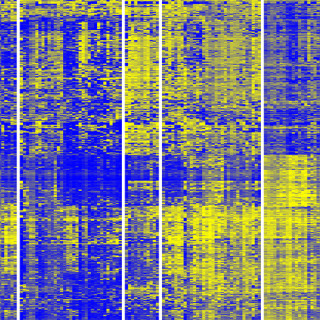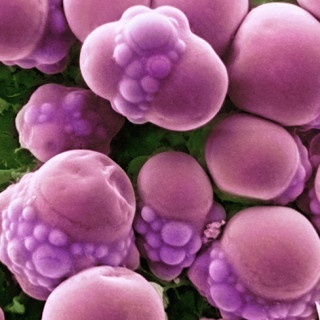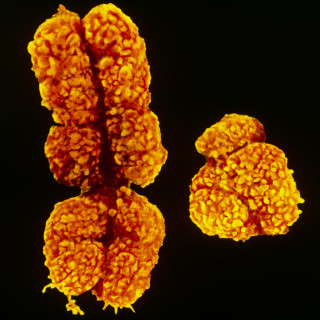Category: Medicine & health
In studies of identical twins, researchers from Lund University have identified mechanisms that could be behind the development of type 2 diabetes. This could explain cases where one identical twin develops type 2 diabetes while the other remains healthy. The study involved 14 pairs of identical twins in Sweden and...
People in Sweden eat 25 per cent more meat than the amounts recommended by the National Food Agency. This is shown in a new study from Lund University that has also investigated the impact on both health and climate change of a corresponding reduction in meat consumption. The results show...
LCHF, 5:2, GI, Montignac, fasting or Stone Age food? The list of diets gets longer every year. What do you choose if you want to go on a diet, and where do you get advice and support from? Reader Helena Sandberg has worked with researchers at Uppsala University to review...
People with type 2 diabetes have epigenetic changes in their DNA that healthy individuals do not have. This has been shown in a major survey by researchers at Lund University. The researchers also found a large number of genes that contribute to reduced insulin production because of these epigenetic changes....
Genetics, DNA and spontaneous mutations The fertilised egg inherits its DNA unchanged from the parents’ sex chromosomes. The same DNA sequence is then found in all the baby’s cells. During our lifetime, spontaneous mutations can occur in the cells. Spontaneous mutations happen as a result of apparently chance errors in...
When Anton was born, a test was done on the umbilical cord which showed that he had a raised genetic risk of developing type 1 diabetes. Since then he has been one of several thousand children participating in Teddy, a study which is expected to lead to a better understanding...
People with type 2 diabetes have epigenetic changes in their DNA that healthy individuals do not have. This has been shown in a major survey by researchers at Lund University. The researchers also found a large number of genes that contribute to reduced insulin production because of these epigenetic changes....
Albert Levan, a researcher at Lund University, was the first to establish how many chromosomes there are in the human genome. It was long believed that there were 48 chromosomes in total, but no one was sure because it was difficult to obtain good microscope slides. In the 1950s, Albert...
Every person is born with a unique set of genes that they inherit from their parents. The only exception is identical twins, who are born with identical DNA sequences. With the years, even twins develop increasing differences in appearance and in the diseases they get. Why is this? The answer...


